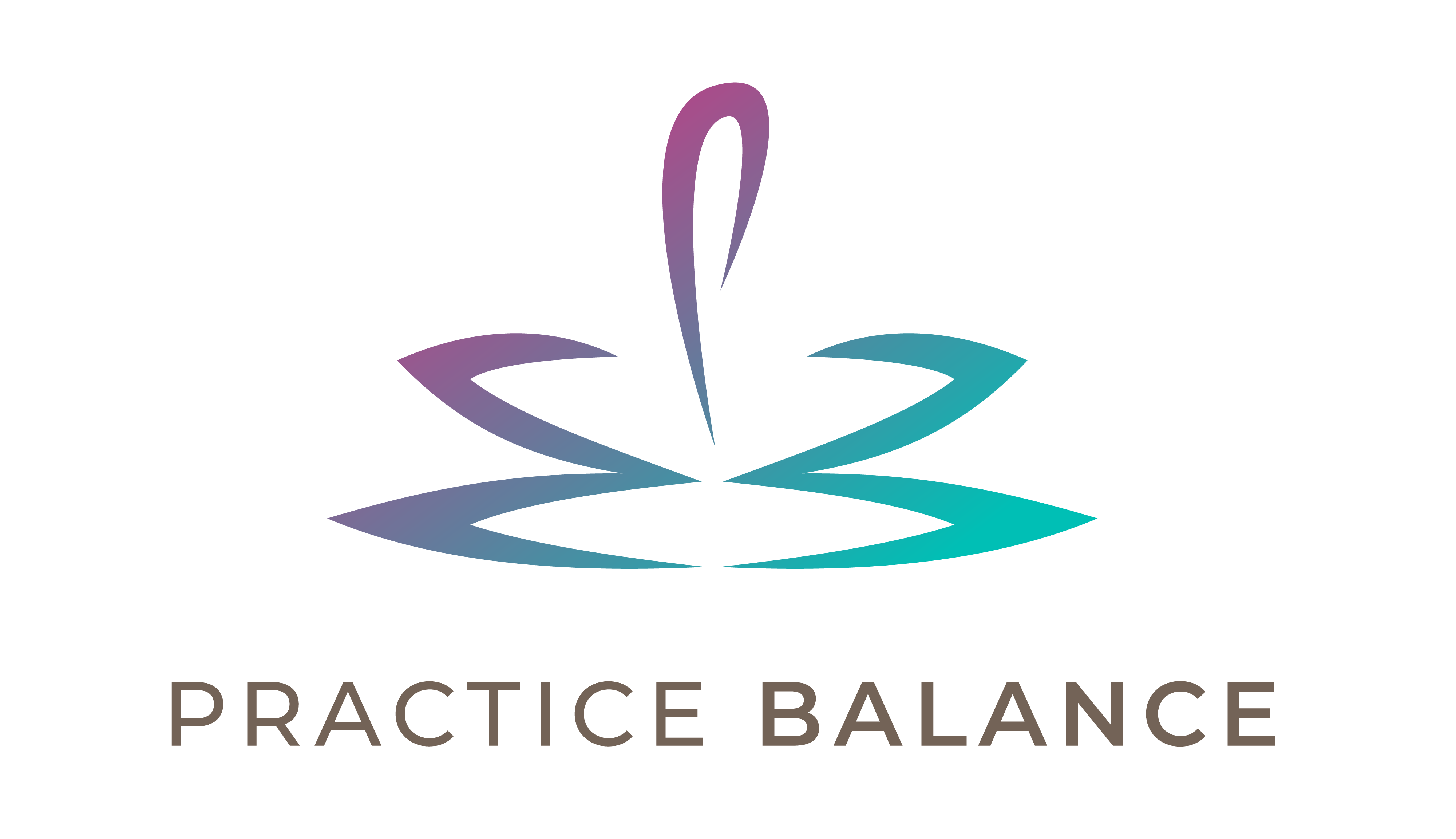A new study out in the journal Science Translational Medicine makes a direct link between disregulated sleep and metabolic derrangements that lead to poor health and weight gain. While there have been several epidemiological studies drawing correlation between sleep deprivation and hyperglycemia, impaired glucose tolerance, and decreased immune function, the difference with this new prospective cohort study is that the researchers controlled participants’ sleep cycles over a relatively long period of time (just over a month) while directly measuring their metabolic markers. When they were forced to sleep 5.6 hours/night, the subjects exhibited slower metabolic rates and higher levels of postprandial glucose… bad news for those of us who are forced to sleep even less than 5.6 hours on certain heinous call nights!

This study is novel because it goes beyond the typical correlation ≠ causation “research” outcomes that are normally published to tell us something that we already intuitively know: shortened and disrupted sleep are not healthy.
What to do? Call duties are not going to change any time soon, so rather than merely being depressed by this dismal news, we need to take control of what we can to ameliorate the health consequences that we will (at least) temporarily experience:
Choose your specialty wisely. If you are in the training/school phase now, think hard about how you want your career to take shape. This goes to my basic tenet of Self Knowledge… get in touch with your personal values and priorities while choosing your specialty. If you know that you don’t do well with sleep deprivation, don’t choose to pursue, say, an academic position in Trauma Surgery. Anyone can handle some temporary call duties, but certain career paths dictate the continuation of residency-like hours.
Prioritize sleep on non-call days. For many (including me), this requires physically getting into bed and making yourself go to sleep such that you will lie in bed for at least 7 hours. You may be doing this before your spouse or other family members, but it is paramount. Use a sleep mask and darken your room as much as possible!
Eat as well as you possibly can. While some degree of hospital food is a necessity, you can be proactive by bringing some easily prepared high protein, whole food snacks to work with you. After four years of experimentation and refinement, my go-to snacks became hard-boiled eggs, some pre-cooked meat or a salmon/tuna pouch, raw carrot chunks, and some raw almonds. The other thing I always had on hand for call nights was a stash of whey protein powder and/or an emergency whole-food energy bar such as Larabar (something healthier than the alternative candy bar when a junk-food attack strikes, even though it is not exactly innocuous to blood glucose levels).
Don’t attempt to combat the stress and weight gain associated with sleep deprivation by training for a marathon or a century race. Although the study discussed here did not examine sleep and cortisol levels, most of us are aware that chronically high cortisol and cascading appetite, glucose, and immune dysregulation. Utilizing your black bag of stress management techniques, which may involve exercise, is key… but what some have deemed as Chronic Cardio can further feed this viscious cycle. Listen to your body! Extra sleep will go much further in terms of metabolic repair and stress management than a sleep-deprived, kill-yourself workout. Try a brisk walk, or if the weather is poor, a heavy lifting workout instead to preserve your cortisol levels while decreasing stress. And for the time being, let go of your perfectionist tendencies and prioritize self-care during what will (hopefully) be your worst-slept, most stressful time of your life.
Those are my off-the-cuff suggestions for what to do about the dismal reality that you might be damaging your metabolism while pursuing the career of your dreams. I welcome any comments or questions!




Yes this is a true article and i have suffered from this. I have shared this with FB as well! Thanks for taking me to http://stm.sciencemag.org! Weight Gain
Thanks, Lisa… I too suffered from this phenomenon in Residency, and once I finished and started sleeping more/better + eating better as a result, the pounds finally started coming off. Good luck!
I certainly agree to this. The more we are awake, the more we tend to eat and could result to weight gain most of the time. We all need to sleep but there are times that we cannot avoid to stay awake even during sleeping time for some reason like we still have a work of there are many things we need to finish but all we need is to control and manage everything if we want to live healthy.
Thanks for your comment, Cheryl! We can't always control our sleep schedules, but at least we can control how we take care of ourselves, nourish our bodies, etc. during the periods of sleep deprivation that come up!